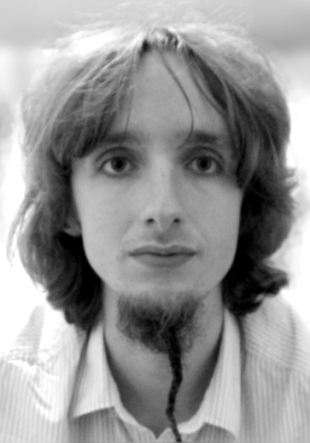Investigating Solvation of Bio-Polymers in Ionic Liquids by Means of Multiscale Simulations and Computational Spectroscopy
Overview
Within this project, the microscopic solvation characteristics of cellulose in ionic liquids shall be investigated by means of multiscale molecular dynamics simulations, complemented by computational spectroscopy. The aim of the project is to gain a molecular picture of the interactions between cellulose and a series of ionic liquids and to understand the corresponding consequences for the specific solvation abilities of the ionic liquids. Cellulose was selected because it is the most abundant biopolymer on earth, and therefore highly relevant for a sustainable chemical product cycle. Ionic liquids are chosen as solvents because they possess powerful solvation abilities which make them more suitable than common organic/inorganic solvents in many circumstances. For this reason, they are nowadays widely applied in industrial processes. The involved microscopic processes, in turn, are not yet completely understood. Specifically, the direct intermolecular interaction mechanisms between solute/solvent at ambient conditions represent a considerable challenge, which shall be addressed in this project. The combination of force-field based and ab initio molecular dynamics simulation methods (AIMD) is ideally suited to elucidate the related structural and dynamical question at the microscopic scale. In addition, the AIMD simulations will provide a direct bridge to experiment by allowing access to spectroscopic parameters (infrared, Raman, VCD, ROA, and NMR spectra) derived directly from the simulated trajectories. Collaborations with several local groups at the host institution will yield the corresponding experimental spectra, which will considerably enhance the outreach of this project.
DFG Programme Research Grants
Key Facts
- Grant Number:
- 320867004
- Project type:
- Forschung
- Project duration:
- 01/2017 - 04/2023
- Funded by:
- Deutsche Forschungsgemeinschaft (DFG)
- Website:
-
DFG-Datenbank gepris

